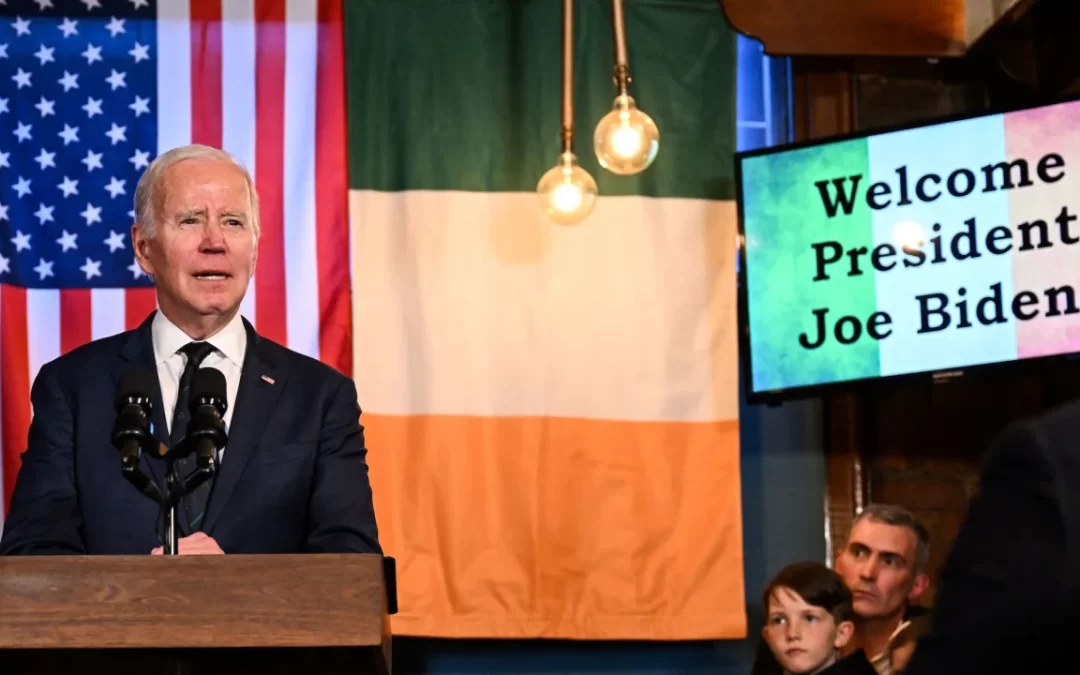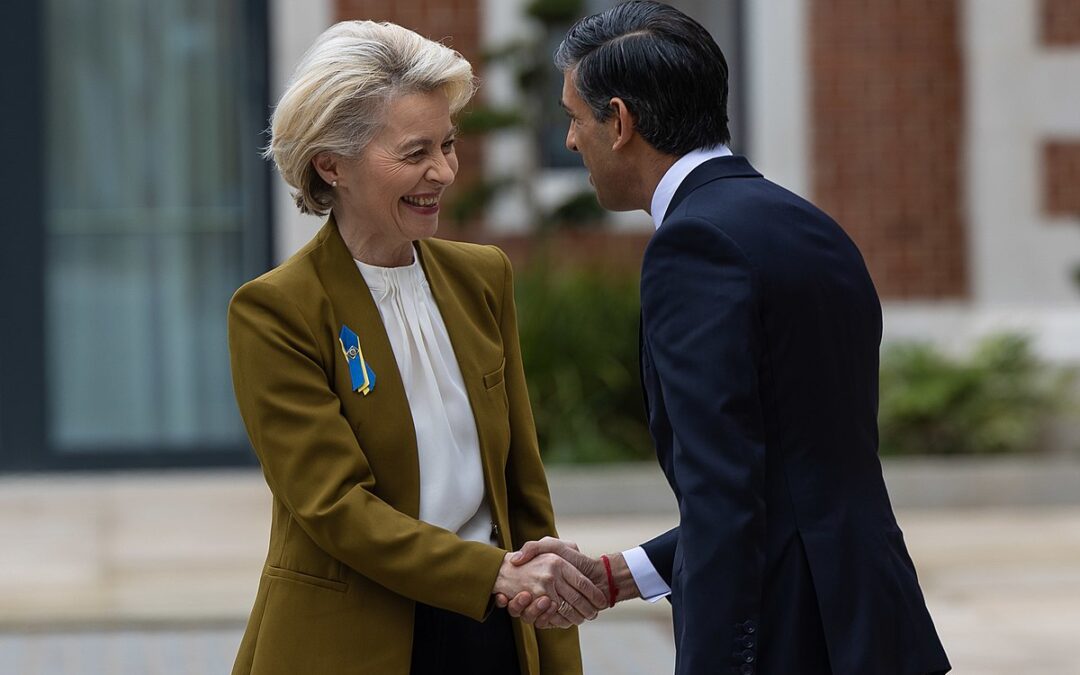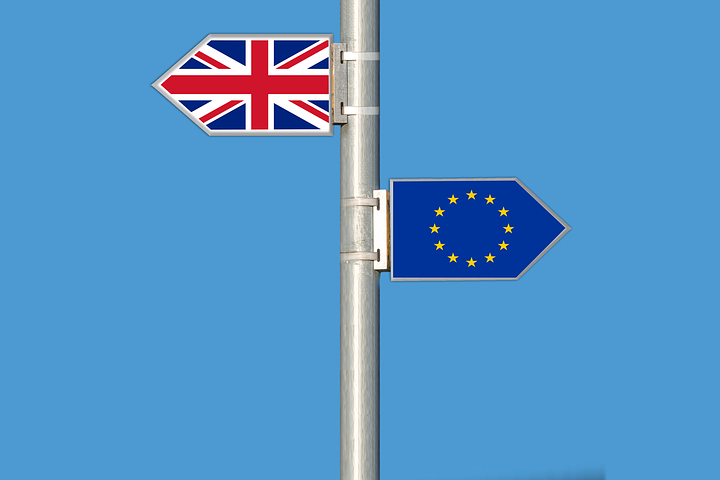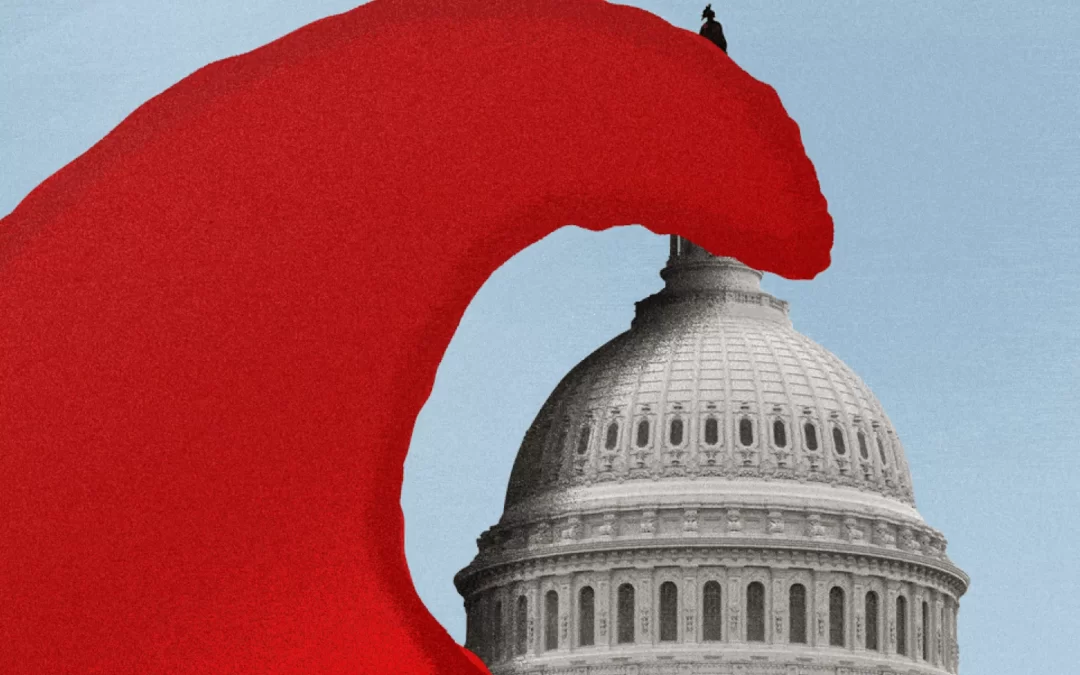
Mitchell's Speech!
Óráid Mitchelll!
More than 27 years ago, many people began to work hard together for a few years, day after day attempting to find a workable solution to the Troubles in Northern Ireland. It seemed like an impossible task, but they continued despite a long list of difficulties. Despite the different views of the participants in the talks, George Mitchell announced on Good Friday, 10 April 1998, that they had reached an agreement. Although it is not a perfect agreement, it is a practical agreement, which is still in place, which is still alive, and which is a world-class example of what you can do when you cooperate with your enemies to stop the violence between you.
Everyone who was involved in those talks took a chance, and some of them were undoubtedly badly affected for a long time. The Agreement was a very positive thing, concluding a bloody chapter in the history of the North. John Hume and David Trimble received a Nobel peace prize for their work later that year. Although George Mitchell was also nominated for a Nobel prize, he did not receive it. If I had to choose the most central person in the Northern peace process, I would choose George Mitchell. Without it, we would not have the Agreement and we are all greatly indebted to him. The Accord was a miracle.
Commemoration of the Agreement
It is also a miracle that former Senator Mitchell (who is 89) was able to attend the anniversary of the agreement which took place recently at Queen's University in Belfast. He was diagnosed with leukemia three years ago and this is his first major event since his diagnosis. It was a big anniversary, and other famous people attended it too, including: former American President Bill Clinton, former American Secretary of State, Hilary Rodham Clinton, former British Prime Minister Tony Blair and former Taoiseach Bertie Ahern. The President of the United States Joe Biden was also in the North for the anniversary, and he gave an inspiring speech there. Almost everyone mentioned above also gave a speech, but Mitchell's speech was my favorite.
Mitchell's speech
At the conference, recognition was given to the parties who showed courage in dealing with enemies. There was also indirect pressure on the DUP to return to Stormont and put Northern Ireland to work. Over the three days the themes were, 'Reflection, Renewal, Reimagining'. Mitchell kicked off the conference and with his rousing speech, and he set the tone for the rest of the commemoration.
"I say now, to the leaders of Northern Ireland now and in the future: There are many differences between you in your history and your politics. But there is also enough to bring you together, to continue what your predecessors started a quarter of a century ago!” said Mitchell.
He continued: “Resolving your differences in democratic and peaceful ways is not a sign of weakness. On the contrary, it is a sign that shows strength and wisdom. And it clearly reflects the will of the vast majority of the people of Northern Ireland."
Recalling the day the parties agreed to the measure, he said: “On that day history opened itself to hope. The people of Northern Ireland rejected political violence as the way to resolve their differences. It is clear that they do not want to return to violence. Not now. Not ever,” he insisted.
"There are those who are never willing to compromise. For them, making any compromise is a sign of weakness. But I tell you that a principled compromise is necessary in divided societies, and that it shows faith in democratic values. Like it or not, we're all in this together. It takes strength, courage and vision to face the truth of the future, rather than clinging to the myths of the past. From the start of the Troubles to 1998, over 3,500 people were killed and 50,000 injured in sectarian violence. In the 25 years since the agreement was reached there have been about 164 deaths related to security,” the Senator said before asking his audience to stand in silence to remember all the victims.
Conclusion
Senator Mitchell and the conference itself had a clear message that the Good Friday Agreement was a historic ceasefire, but it was also made clear how much work needed to be done politically to ensure that there is no return to the dark days. It will be more difficult now without George Mitchell!










